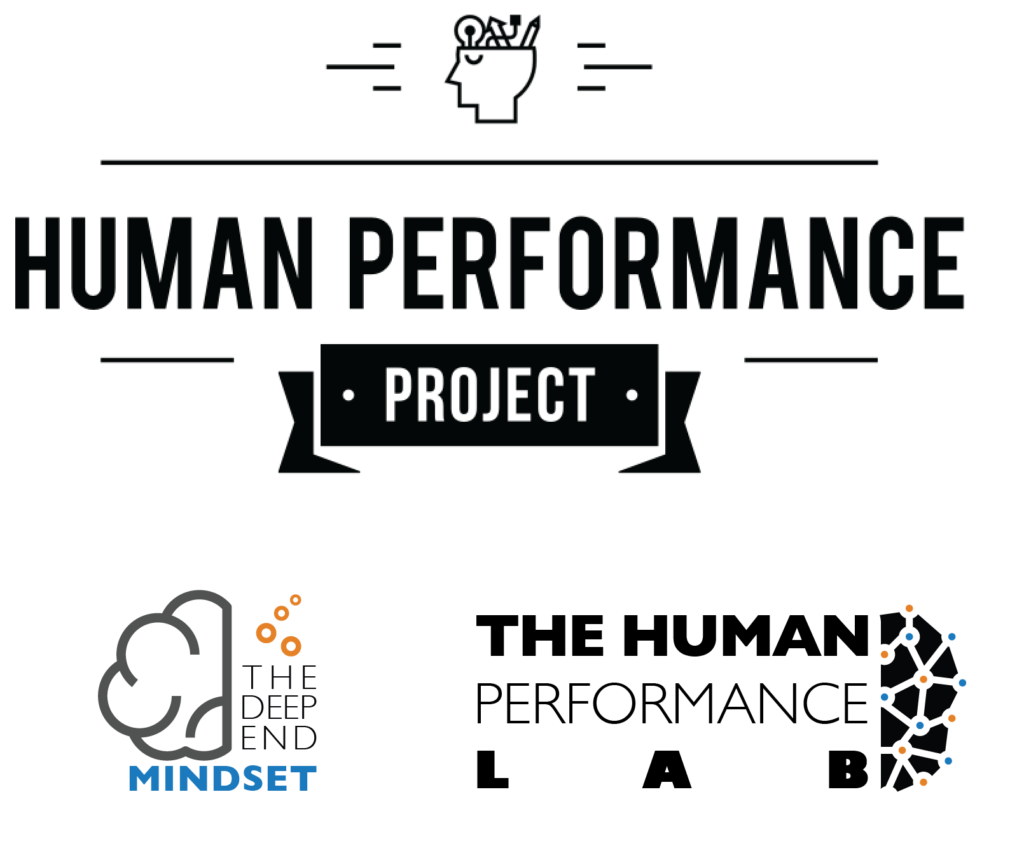50 Shades of Parenting
In fairness I was warned… But I’m tired of it.
I knew becoming an expecting parent would bring with it a lot feedback, advice, and suggestions – solicited and not. But part of me is tired of people telling me what I can and can’t do when it comes to the birth of our first child.
Let me be more specific.
I don’t understand why people proactively choose to share thoughts and advice like:
“Your life is about to end”
“Get your sleep now because it will be the last you ever get”
“Your kid will take over your life”
“Forget your dreams and ambitions – life is all about your kid now”
Preparing for the Complete Unknown
This advice almost always comes directly after I get asked how I’m doing and if I am ready for the baby. To this I typically shrug my shoulders and casually reply that I am as ready as I can be – implying that the expectation for any new parent to have the slightest notion of knowing what ‘ready’ will look like is a bit backwards.
I have no hard expectations of what “ready” should or needs to look like – instead I am open and accepting of whatever is to come. Truthfully I have spent the bulk of my time aligning and connecting with my wife Natasha instead of worrying about having every last detail to define ‘ready’ in place.
This implication usually goes unnoticed and it seems the only appropriate next step is for this person to share only a pessimistic glimpse of their early parenthood experience – a sort of “here’s the worst of what you can expect” lecturing. Completely bypassing any attempt at empathy and in step making the assertion that our experience not only with Baby but with how we CHOOSE to embrace the adventure will be the same.
I’ll stop there to say that I understand and acknowledge two important components of this transaction:
1. What’s being shared is a true snippet of their experience that is to be respected and there is likely a nugget of great advice underneath the negative framing.
2. Our experience could be exactly the same, or even worse.
I’m still not willing to accept the mindset or frame of feedback in this interaction.
Of course I should make clear that for every one conversation like this I have several that are fantastically helpful. That being said the fact I am experiencing this on a daily basis has raised a flag to better understand why we as human beings take this approach to our conversations…
So, let me again get more specific. There are two issues that rub me the wrong way with these conversations:
1. They are not constructive.
I don’t feel supported during these conversations as there simply is nothing constructive to take from them. There is no advice offered, no coping mechanisms, no tactical support. The comments are intended as a stern “join the club – here’s your price of admission” instead of a “we’ll be here for you and by the way – here’s what worked for us” partnership.
2. They are not vulnerable or empathetic.
They do not create shared connection by nature.
They do not offer a real vulnerable vantage point in sharing a relatable experience.
I find myself being unable to connect to the feeling behind the comment because I have nothing to anchor it to by way of real examples and experiences. Let’s take the comment “get your sleep now – you’ll never get it again”… To put this in an empathetic connection based conversation it could have looked like “Managing sleep was one of our biggest challenges in the first few months when Billy was born. We really focused on some strategies to adjust and manage the demands and found that X, Y and Z helped us immensely.” To take this even further (because as all parents know there can be (many) times when s*** hits the fan: “There were a few days where we were at our wits end, we hadn’t slept in 48 hours, the baby wouldn’t stop crying – in those moments the only thing that got us through was having parents/friends to lean on. We also realized that as a couple we had to take 5 minutes several times a day to stop everything and check in with each other – to cry or sit or even laugh together because of how crazy this all is.”
That, is something I can work with.
Yes, this means you’re going to have to spend 1-2 more minutes talking to me, but what this will accomplish is significant:
- You are sharing from a place of shared trust, openness, and connection.
- You’ve shared with me a very constructive experience that gives me a framework to consider.
- You’ve made yourself vulnerable by referencing a real experience – that not only helps me with context but it shows me you care – deepening our connection as a byproduct.
Ultimately providing input and feedback in this context creates a positive exchange regardless of whether the nugget of wisdom is inherently positive or negative.
We All Have Big Egos
As a human being we have a natural tendency to project our emotions and experiences onto other people. We are built to let our emotions seep into conversations with others which in many cases is a great thing. However when the emotion or experience we are recalling includes a challenge, adversity, or pain our ego speaks up to remind us how hard it was which can then become the driving force in how we communicate and frame it to others.
This shows up in all aspects of our life from the boardroom at work, to our athletic and social pursuits and most significantly with our spouses and partners.
If we don’t intentionally choose to acknowledge this defensive urge from our ego in how we share hard experiences, we can very easily lose the unique and powerful wisdom we have to share behind the cloak of ego and self-defence.
[modalsurvey id=”1645442995″ style=”flat” align=”center” textalign=”center” width=”100%” visible=”false” message=”Thank you for your input!”]Walking the Talk
I’m writing this as a reminder to myself as much as food for thought for others. The next time I hear someone taking on something incredibly hard, maybe even something that I have failed at – I will remember the belittling feeling of someone’s empty words telling me ‘my life is over’ in relation to parenthood. I will recognize that where I have the opportunity to give feedback I have the opportunity to have influence and impact.
Whether it is positive or negative is my choice.
We are most powerful as human beings when we are building other up – even if it means lending our shoulders for them to stand on.
Parenthood WILL likely be the most challenging experience of my life. But it is mine and Natasha’s adventure to experience and claim together.
I eagerly want to share in your most vulnerable and honest learnings, hardships, and advice. We as humans thrive in these moments of pure raw connection.
If this space of shared empathy & connection isn’t for you, I understand.
“But don’t ever tell me what I can’t do”
Subscribe for a monthly dose of inspiration… Similar to what you just read above!


